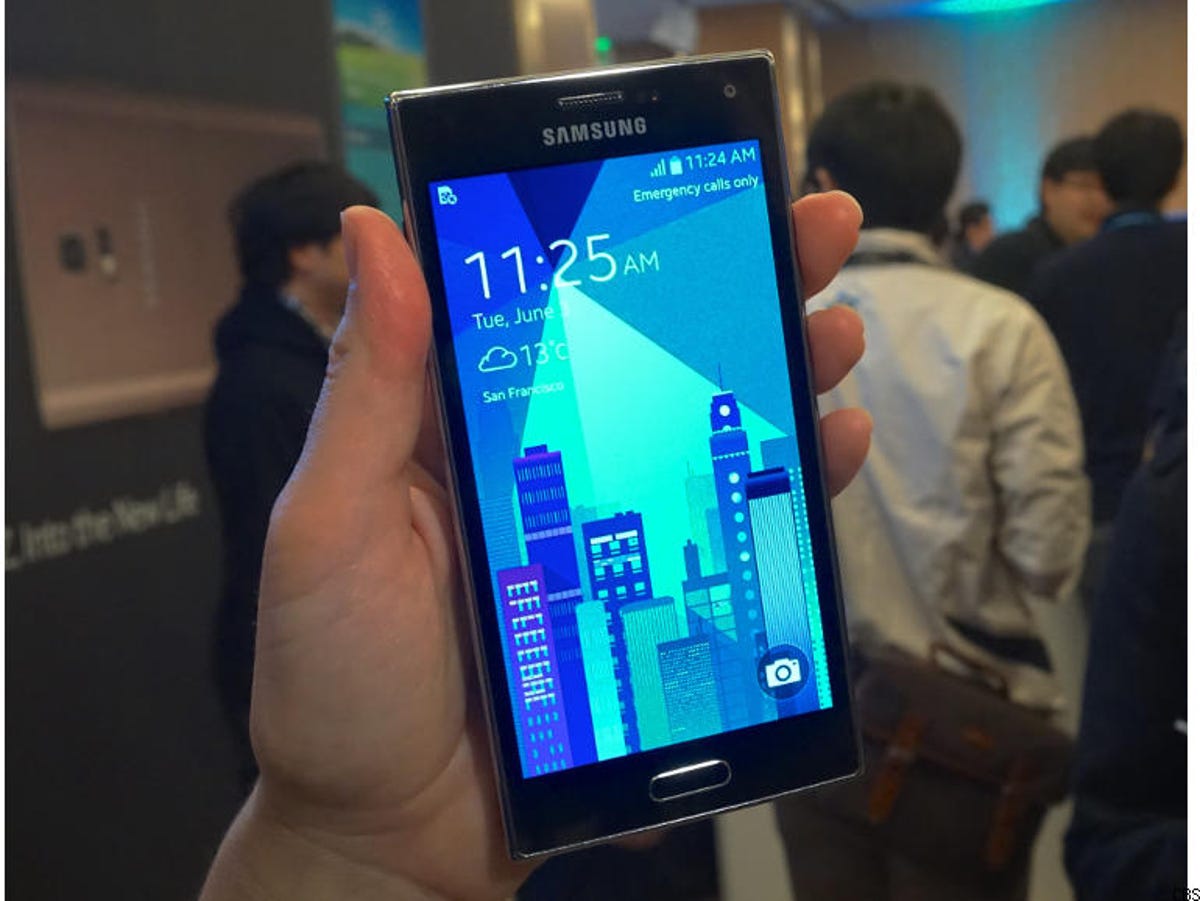
Nate Ralph/CNET
Samsung is running into further trouble trying to get its Tizen smartphone off the ground.
The company announced Monday that it would postpone the rollout of its Tizen-based Samsung Z phone in Russia. The following statement shared with CNET revealed the latest information but not too many details:
To further enhance the Tizen ecosystem, Samsung plans to postpone the launch of Samsung Z in Russia. Samsung will continue to actively work with Tizen Association members pursuing to further develop both Tizen OS and the Tizen ecosystem.
And just why is Tizen so important? To become the world’s top smartphone maker, Samsung has had to rely on Google’s Android operating system. Tizen is Samsung’s own creation and therefore gives the company a chance to branch out into its own niche beyond the world of Android. Tizen already runs on Samsung’s Galaxy Gear smartwatches but has yet to find its way onto a smartphone.
Related Stories
- Samsung’s first Tizen phone, the Samsung Z, to hit Russia in Q3
- Sorry Samsung, first Tizen phone cancelled by network
- Tizen faces another delay as Samsung Z fails to launch
- Samsung Z runs Tizen, feels like the Galaxy S5
This is just the latest setback for Tizen.
In January, Japanese phone network NTT Docomo thumbed its nose at Tizen, saying that the mobile phone market in Japan wasn’t large enough to support three different platforms — meaning Android, iOS, and Tizen.
The Samsung Z was first revealed in San Francisco earlier this year and was supposed to debut at a conference for Tizen developers in Russia earlier this month. But all the company had to show were prototypes. In trying to explain the delay, Samsung said that “the smartphone will appear on the Russian market later, when we can offer our users a fullest portfolio of applications,” according to the Wall Street Journal. That sounds like Samsung is worried about a lack of apps to support the new OS.
Where does all this leave Tizen and the Samsung Z? Technology analyst and blogger Eldar Murtazin told the Wall Street Journal that he doesn’t expect the smartphone to land in Russia at all in 2014.



